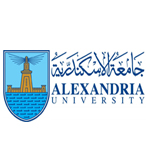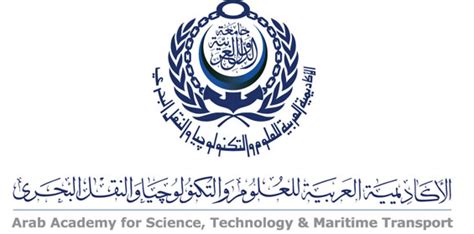By 2050, 70 percent of the world’s population will live in cities. The pace of urbanization is highest in developing countries, where 1 billion people live in urban slums lacking basic services. Globally, cities are becoming sources of growing environmental degradation. An estimated 70 percent of greenhouse gas emissions come from cities, and more than 70 percent of energy is consumed in urban areas.

The Sustainable Smart Cities International Workshop, which took place in Alexandria, Egypt on May 9-11 2017, was organized to initiate collaboration between international experts and stakeholders to develop urban solutions that are attractive, economical, and environmentally friendly. For highest impact, insights from other NSF-funded efforts were incorporated, specifically the Sustainable Healthy Cities, a NSF-supported Sustainability Research Network. Specific aims of the workshop included the following:
- Bring together global experts to discuss the most significant research and technological developments in the field of urban sustainability
- Foster an understanding of issues specific to sustainable smart cities in the U.S. and Egypt
- Identify areas for research collaboration between academia, industry, and government
- Examine the role of graduate education for advancing the field of urban sustainability
- Produce a report identifying areas for future international collaboration that can be presented to various funding agencies in Egypt and the Middle East, as well as in the U.S. and Europe
This workshop addressed the following five thematic areas:
-
The Built Environment
This thematic area focused on improving the community’s well-being by implementing the construction of aesthetic, health improved, and environmentally enhanced landscapes and living The infrastructure includes the basic physical and organizational structures necessary for the operations of society/enterprises and the services/facilities that keep the economy functional.
-
Urban Economic Development
Economic development includes the process and policies by which a nation improves the economic, political, and social well-being of its people. This thematic area investigated the elements needed for a sustainable smart city to have urban sustainable development and economic growth. The tools of economics will be applied to analyze different areas such as workforce development and employment, land use policy, business development and entrepreneurship, crime, public transit, housing, and local government finance.
-
Health and Quality of Life
The World Health Organization (WHO) defines quality of life as individuals' perception of their position in life in the context of the culture and value These include their location in relation to goals, expectations, and concerns. This thematic area focused on the direct impact that sustainable smart cities have on the individual’s health and well‐ being by studying and analyzing the individual's physical health, psychological state, personal beliefs, social relationships, and their relationship to salient features of their environment.
-
Social Sustainability
Social sustainability encompasses human rights, labor rights, and corporate In common with environmental sustainability, social sustainability is the idea that future generations should have the same or greater access to social resources as the current generation, while there should also be equal access to social resources within the current generation. This thematic area investigated how to make sustainable smart cities equitable, diverse, connected, educated, and democratic.
-
Urban Informatics
Urban informatics refers to the study of people creating, applying and using information and communication technology and data in the context of cities and urban environments. It is a trans‐disciplinary field of research that draws on two broad domains: people and place.
The five thematic areas represent key components of sustainable smart cities and priority areas for research. The goal of the workshop was to allow researchers and professionals from the U.S. and Egypt to make connections and establish foundations for future research collaborations.
You can also watch the 2017 NSF SSC Workshop Video and view the 2017 NSF SSC Workshop description for more information.


